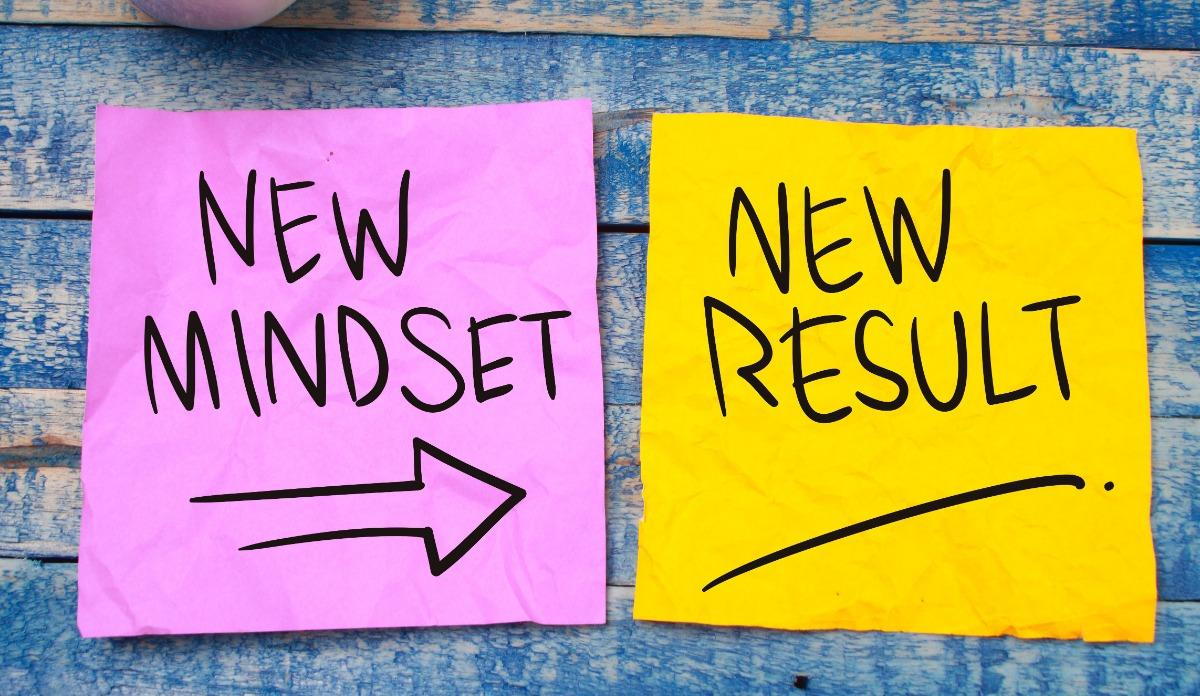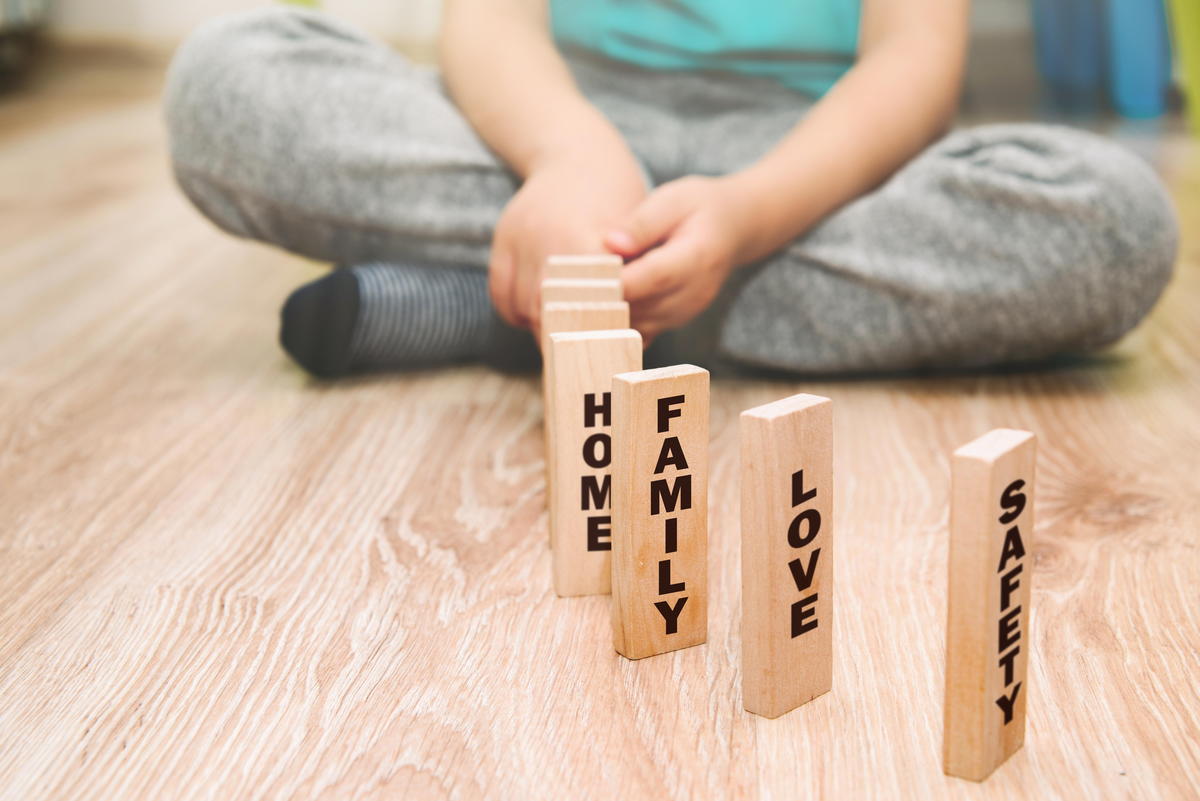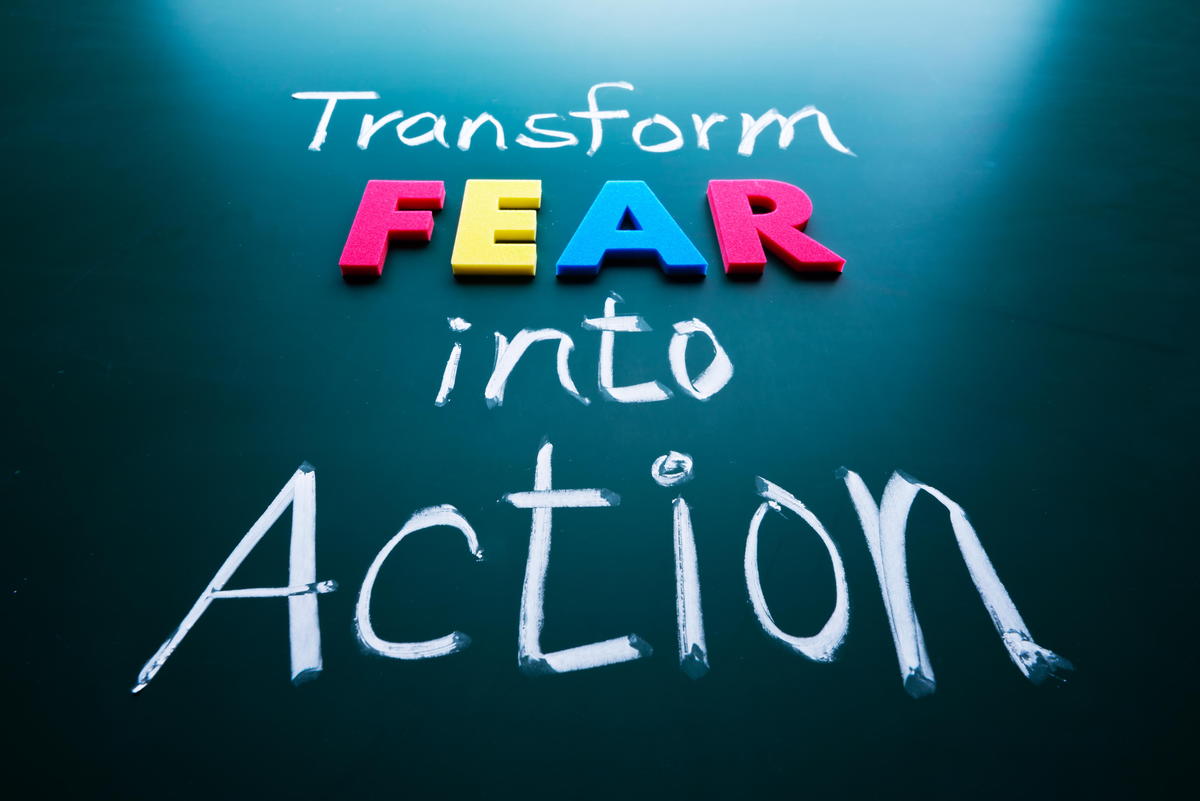
With over half of the world’s population now in some form of social isolation due to COVID-19, stress management strategies are now becoming part of everyone’s coping repertoire. Social isolation and social distancing can over time have a detrimental impact on both our physical and psychological health. Below are outlined a number of practical psychological strategies you can use to manage stress during COVID-19 that are science-based. They can be used in junction with additional strategies to cope with coronavirus anxiety that have previously been enumerated.
The suggestions below are organized by specific topics related to our psychological well-being and are phrased as a choice and commitment you can make for yourself and loved ones. And because there are many ways to cope with stress that we can use, how you can develop a specific ‘Action Plan’ you can commit to is outlined at the end.
Managing My Mind
I choose to manage my mind to reduce my anxiety so I can stay focused and positive for myself and my loved ones.
I do not judge my emotions. It is okay for me to experience unpleasant emotions like anger, sadness and anxiety. Any fear I feel is to motivate me to prepare during the pandemic so I am safe.
I will check the media on COVID-19 only one or two times per day. Excessive checking will only make me more anxious over time.
I only go to reliable sources to be informed about the current state of COVOID-19 and I avoid any blogs or sites that are doubtful or conspiratorial in nature.
I ‘let-go’ of worries that are not helpful or productive. To help me ‘let-go’ I visualize my worry as an object like a balloon floating away from me or like leaves floating down a stream.
When I feel anxious and uncertain, I can I commit to making a specific plan to reduce any uncertainty I feel e.g. I make a budget for my finances.
If I feel anxious and overwhelmed, I remember that all emotions are like waves. They all pass and I just need to ride this current one. I can take 10 deeps breaths to help me through the wave if I need.
I will keep reminding myself that nothing is permanent and that this global pandemic will end.
I remember that I am resilient. If I need, I can remember the details of a difficult moment I went through in the past and how I got through it e.g. a health issue, a divorce, being laid off from work.
If I miss something, I can choose to visualize what I miss in the moment so I connect with the experience. Research using brain imaging technology has shown that visualization or imagination activates the same centres in the brain as actually doing the activity.
I Focus On Loving My Body
My body and my mind are interlinked. I will ensure to take care of my body to manage my energy levels and my motivation for myself and my loved ones.
I commit to sleeping 7-8 hours per night and to keeping a constant sleep cycle. I will choose to not go to sleep very late and to not sleep into the late morning. Our circadian rhythm requires a constant and consistent exposure to light and dark to help foster the physiological basis of sleep e.g. repair muscle tissue, secretion of growth hormone. If I do not sleep well I may feel tired, irritable and more anxious the following day.
I eat three meals a day. Although I can treat myself to some unhealthy treats, I make my best effort to eat healthy. Not eating can make me feel irritable, which could expressed towards a loved one. Eating a balanced diet will insure my body gets the right combination of carbohydrates, fats and proteins. I require these three nutrients for many biological functions such as: maintaining energy levels, muscle repair and to make neurotransmitters in my brain to name a few.
I will drink water regularly to stay well hydrated.
I will limit my use of alcohol to 1-2 drinks per day, especially before bedtime. Alcohol can interfere with stage 3 and 4 of our deep sleep, which is when or bodies rest the most. If this happens, the next day I may feel groggy, tired and more anxious.
I exercise daily, even for 5-10 minutes per day, and can find workouts online if I need. Being active will increase my energy levels, motivation and overall happiness - being inactive will do the opposite. A lower activity level without changing my daily caloric intake could also make me gain weight.

Nurturing My Heart And Soul
I commit to focusing on what is meaningful to me and what I value for myself and my loved ones.
I take stock of what I value by thinking of “Who is important to me and what type of person I want to be with them” and “What is important to me”. When I am acting with my values I do the act slowly and deliberately to connect with the experience.
I express gratitude daily. I write down at least three things daily, no matter how small, that I cherished that day. I then take one and go over it and savour the experience as if I were eating my favourite food.
I treat myself if I can because I deserve it. I will treat others as well.
I use humour if it is part of who I am and value it. I can watch funny movies, stand-up comedy and share what I find funny with others.
When doing something I enjoy no matter what it is, I try to connect and be mindful of the act. To do this I focus on what my five-senses are telling me: what I see, feel, hear, taste and smell.
I notice and right down what I miss so that I can engage in it fully when the coronavirus pandemic is over e.g. freedom to walk, going to the gym, restaurants, hugging loved ones.
I meditate to remain centred and calm and to distance myself from negative thoughts and feelings.
I chose not to be harsh and excessively self-critical with myself or my loved ones. In these difficult moments, I prefer to be compassionate, supportive and loving. I will focus on being a ‘good coach’ rather than a ‘bad coach’ when I speak to myself or others. I use self-compassion guided mediation to foster compassion, resilience and to ‘let-go’ of being self-critical.

Proactive Actions I Take
I commit to being active and structured throughout the day for myself and loved ones. Inactivity leads to boredom, feeling sad and down and a lack of meaning.
I follow the guidelines outlined by the World Health Organization: I stay 2 metres away from others, I wash my hands often for 20 seconds (i.e. sing Happy Birthday) and cough in my elbow or inside my shirt to protect others.
Even though I may be in a low-risk category for contracting COVID-19 or have no symptoms, I practice the guidelines above to contribute to defeating the pandemic and to think of others who may not be as fortunate as myself and who are at-risk.
I keep a structure and routine at home to be productive and engaged in life. Without structure, humans are directionless and turn to negativity.
If I work during the day, I use the best strategies to work from home during COVID-19.
I engage in activities that are meaningful to me as much as I can e.g. working out, yoga, music.
I balance all my activities otherwise I may get bored. I choose not to do the same thing over and over.
If I am not physically active I commit to 5 or 10 minutes because exercise is good for the heart and the mind. Physical activity increases energy levels, motivation and overall well-being.
I Stay Connected With Loved Ones
Social connections are a hallmark of being human. Social connectedness releases oxytocin, which is a ‘feel good’ hormone. I stay connected for myself and my loved ones.
I talk regularly to my loved ones at home and use social media to talk to friends and family that are far from me while we are social distancing.
I commit to engage in positivity with my loved ones on a daily basis, such as giving a compliment or expressing admiration. I accept any compliment openly if I receive one in return.
Action Plan
I hope that you have found some of these stress coping strategies helpful in helping you manage COVID-19. If it seems quite overwhelming to read all these coping techniques, the good news is that you do not need to do all of them. Here is a quick strategy you can use to develop your own ‘Action Plan’.
Take a piece of lined paper and divide it into 3 sections. In the first section, write down 3-6 strategies that you feel you are using well to manage your stress. In the second section, write down 1 or 2 additional strategies you would like add that you think would be helpful. You do not want to overwhelm yourself so 1-2 is enough. Keep the sheet somewhere you will see it often throughout the day and make sure to review the strategies daily (e.g. in the morning during breakfast or just before sleep). The more you look at them, they more you will remember them and the more you will continue to use them.
In the third section, write down anything you are doing that goes against the guidelines mentioned above. For example, being very inactive throughout the day, drinking too much alcohol or checking the news about the coronavirus too much. Similar to section 1 and 2, look at these points daily. The more you are aware of how unconstructive they are, the more you are likely to catch yourself engaging in them in the moment, and the more likely you may choose to use a positive coping strategy to manage your stress.
I hope that you have found these guidelines helping.
Feel free to Contact Me by filling out the form below for any questions or to schedule an appointment.